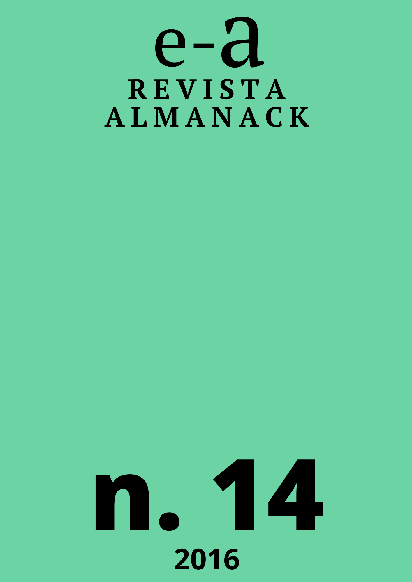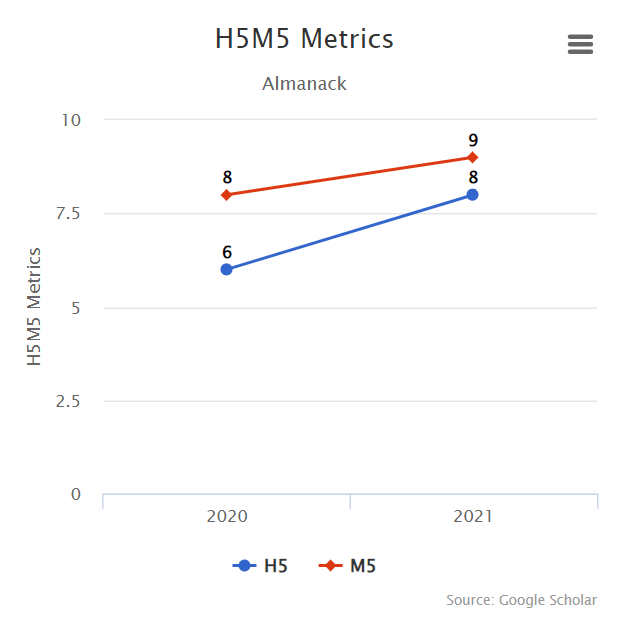Mule Drivers in Nineteenth-Century Lebanon
from local social history towards Global History
DOI:
https://doi.org/10.1590/2236-463320161403Palavras-chave:
global history, rural history, social historyResumo
This article makes the case for a project in the making: a study of the social
transformation of the countryside as it joins the global market over the long nineteenth
century, told as a collective biography of the mule drivers of Ottoman Lebanon those
obscure peasants who, owning one or a few mules, made their livelihood in the transport
of goods and persons rather than work the land. Over the first half of the century, these
actors mobilized for revolts while a village-based economy turned to cash-crop agriculture
and the central government built a new state apparatus that would insure its survival withim global capitalism, rendering the peasants' situation ever mora precarious. From the 1860s to the First World War, as local resources were diverted to feed European industry
and local petty-trade networks came undone, when elites at all levels struggled to assert
their control over labor and resources, these same muleteers turned into social bandits
smugglers who d
extraction. Some of them accumulated wealth and ultimately integrated an emerging
middle class. The projected account makes two historiographical interventions. (a) Within
the history of the modern Middle East, it argues that the region's confessional tensions are tied to developments that are characteristic of capitalism over the period namely, the
rise of a new kind of state and the loss of control over resources by local actors at the
margins. This approach pushes against purely culturalist explanations, attempting to wed
culturalist and materialist stances. (b) Conversely, by drawing parallels with other mounted rural bandits in the Anatolian and Romanian hinterlands of the Ottoman Empire, as well as
with the gauchos in Latin America, ox-cart drivers in India, and rickshaw pullers in China,
this local history speaks to a global history of capitalism. Reducing the scale of analysis to
reveal the subjectivity of local actors, and linking the cultural norms that shape agency to
objective structural transformation that can be compared across contexts, this project
challenges histories of capitalism that ignore the countryside or the global South and
thereby produce a sanitized account characterized by secular politics and a liberal culture.
Métricas
Downloads
Downloads
Publicado
Edição
Seção
Licença
Copyright (c) 2021 Joane Chaker

Este trabalho está licenciado sob uma licença Creative Commons Attribution 4.0 International License.














 Esta revista é licenciada pela licença
Esta revista é licenciada pela licença